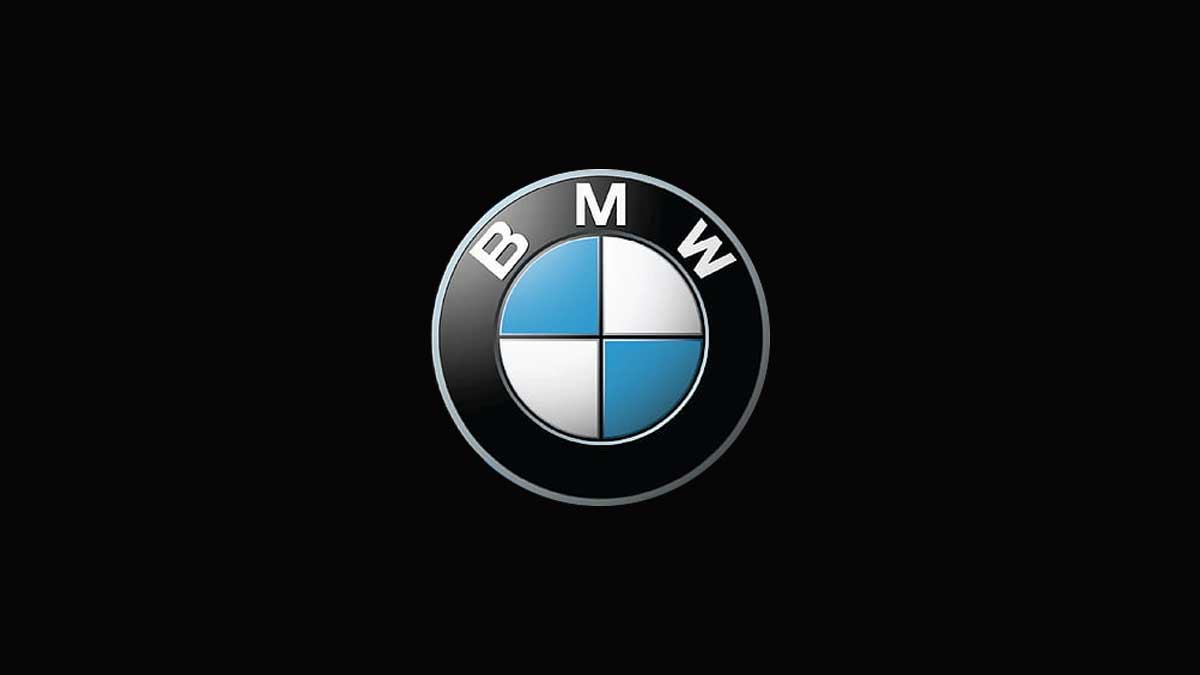- Home
- Billionaires
- Investing Newsletters
- 193CC 1000
- Article Layout 2
- Article Layout 3
- Article Layout 4
- Article Layout 5
- Article Layout 6
- Article Layout 7
- Article Layout 8
- Article Layout 9
- Article Layout 10
- Article Layout 11
- Article Layout 12
- Article Layout 13
- Article Layout 14
- Article Sidebar
- Post Format
- pages
- Archive Layouts
- Post Gallery
- Post Video Background
- Post Review
- Sponsored Post
- Leadership
- Business
- Money
- Small Business
- Innovation
- Shop
Recent Posts
BMW Recalls 291,000 Cars Over Rear Rail Safety Risk

BMW has announced a significant recall affecting more than 291,000 vehicles due to a safety concern involving a rear cargo rail that may detach in the event of a severe rear collision. The recall, disclosed in a regulatory filing on Wednesday, adds to a series of recall notices issued by the automaker this month. This recent recall comes in the wake of previous actions addressing hundreds of thousands of vehicles fitted with potentially dangerous airbags.
The recall specifically targets BMW X3 sDrive30i, X3 xDrive30i, X3 M40i, and X3 models produced from 2018 to 2023, as identified by the National Highway Traffic Safety Administration (NHTSA). The issue centers on a rear cargo rail, a structural bar mounted on the vehicle’s roof. This rail is at risk of becoming damaged during an “extreme rear crash,” which may lead to the rail detaching from the vehicle. According to regulators, this detachment could significantly increase the likelihood of injury for occupants.
The situation came to light when BMW reported an incident involving one of the affected models in August 2022. The crash was categorized as “extreme,” but details were limited due to the car owner’s decision to retain legal representation. The legal process has restricted access to specific information about the crash. BMW’s North American and German offices received legal notifications in October and January, respectively. These notifications allowed BMW to conduct a thorough inspection of the vehicle in March and April. The investigation included crash testing and a comprehensive review of the vehicle’s manufacturing processes to determine the extent of the issue.
In response to the recall, BMW will begin notifying affected vehicle owners on August 30. Dealers will provide free replacements for the rear cargo rails to address the safety concern. This measure aims to prevent potential accidents and ensure the safety of vehicle occupants.
This recall is part of a broader trend of BMW’s proactive approach to vehicle safety this year. The automaker has issued a total of 17 recall notices in 2024, impacting 778,102 cars, according to data from the NHTSA. Notably, about 88.2% of these recalls occurred in just three notices issued this month alone.
Earlier in the month, BMW recalled over 390,000 vehicles due to an issue with previously recalled airbag inflators, which have an elevated risk of exploding during a crash. This recall specifically targeted BMW 3 Series Sedans and Sports Wagon models equipped with Takata airbag inflators. Takata’s inflators have been linked to at least 27 deaths and 400 injuries in the United States. This includes a driver of a 2014 BMW X3 who was injured in a crash in October. In a subsequent action, BMW recalled an additional 1,000 vehicles the following week, which included some Gran Coupe and Gran Turismo models manufactured in 2014 and 2015.
Overall, BMW’s extensive recall actions this year underscore its commitment to addressing safety issues promptly and ensuring compliance with regulatory standards. The automaker’s proactive stance reflects its ongoing efforts to enhance vehicle safety and protect its customers from potential hazards.
Recent Posts
Categories
- 193cc Digital Assets2
- 5G1
- Aerospace & Defense46
- AI37
- Arts3
- Banking & Insurance11
- Big Data3
- Billionaires446
- Boats & Planes1
- Business328
- Careers13
- Cars & Bikes76
- CEO Network1
- CFO Network17
- CHRO Network1
- CIO Network1
- Cloud10
- CMO Network18
- Commercial Real Estate7
- Consultant1
- Consumer Tech180
- CxO1
- Cybersecurity68
- Dining1
- Diversity, Equity & Inclusion4
- Education7
- Energy8
- Enterprise Tech29
- Events11
- Fintech1
- Food & Drink2
- Franchises1
- Freelance1
- Future Of Work2
- Games141
- GIG1
- Healthcare78
- Hollywood & Entertainment186
- Houses1
- Innovation42
- Investing2
- Investing Newsletters4
- Leadership65
- Lifestyle11
- Manufacturing1
- Markets20
- Media193
- Mobile phone1
- Money13
- Personal Finance2
- Policy567
- Real Estate1
- Research6
- Retail1
- Retirement1
- Small Business1
- SportsMoney33
- Style & Beauty1
- Success Income1
- Taxes2
- Travel10
- Uncategorized8
- Vices1
- Watches & Jewelry2
- world's billionaires415
Related Articles
Trump Moves $4B Stake in Truth Social Parent, Stock Drops 6%
Donald Trump recently transferred his 57% stake in Trump Media & Technology...
By 193cc Agency CouncilDecember 20, 2024House Rejects Trump-Backed Funding Bill, Shutdown Looms
The U.S. House of Representatives rejected a new government funding bill on...
By 193cc Agency CouncilDecember 20, 2024Trump Named Time’s Person of the Year for Second Time
On Thursday, Time magazine honored Donald Trump as its “Person of the...
By 193cc Agency CouncilDecember 12, 2024Meta Donates $1 Million to Trump’s Inaugural Fund
Meta, the parent company of Facebook and Instagram, has confirmed a $1...
By 193cc Agency CouncilDecember 12, 2024















Leave a comment